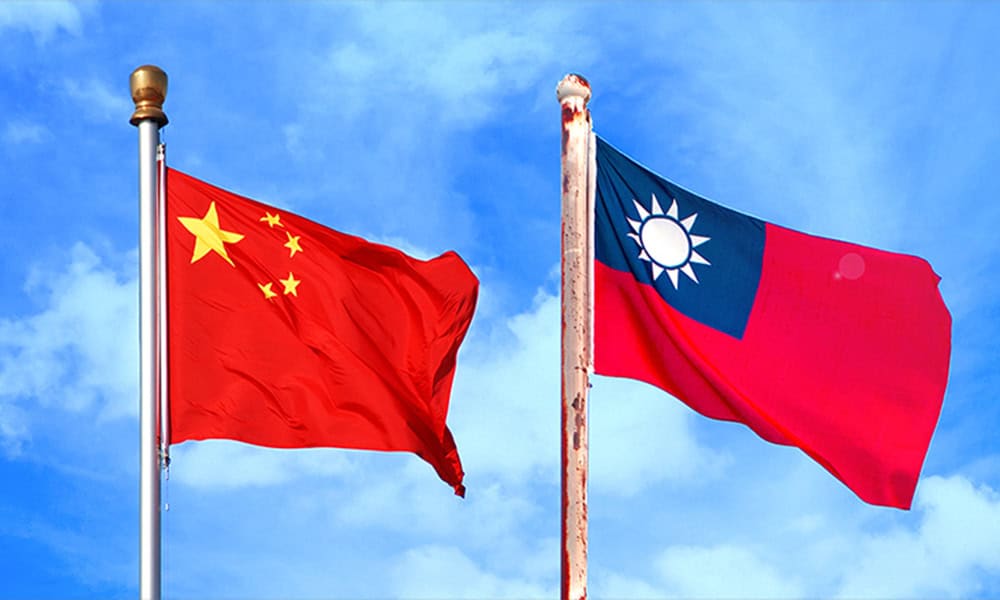Costa Rica is caught in a diplomatic tug-of-war with China after sending officials to Taiwan for training. The government confirmed that five members of the Directorate of Intelligence and National Security (DIS) spent 23 days in Taipei in May 2025, learning about national security. Taiwan picked up the tab for everything—flights, hotels, meals, and transport—according to La Nación.
China’s embassy in San José fired back, calling the trip a violation of the “one China” principle. That’s the deal Costa Rica signed onto in 2007 when it cut ties with Taiwan to recognize Beijing instead. “We oppose any official contact between Costa Rica and Taiwan,” the embassy said in a statement, urging respect for the agreement that sees Taiwan as part of China. The 2007 switch came with big promises from China, including $130 million in aid and $300 million in bond purchases, but recent moves suggest Costa Rica is testing the waters with Taiwan again.
It’s not just the DIS trip. The Costa Rican Foreign Trade Promoter (PROCOMER) sent a team to Taiwan to drum up investment in the semiconductor industry, as confirmed by Trade Minister Manuel Tovar. These actions have raised eyebrows in Beijing, especially since Costa Rica banned Chinese tech giant Huawei from its 5G network in 2023, citing security concerns. That decision already put a dent in relations with China, and the Taiwan visits aren’t helping.
The timing is tricky. China’s been flexing its muscles globally, pressuring countries to avoid Taiwan. Since Costa Rica’s 2007 shift, other Latin American nations like Panama and Honduras have followed suit, leaving Taiwan with just a handful of diplomatic allies. Costa Rica’s recent moves could signal a shift toward closer ties with the U.S., which backs Taiwan unofficially and has clashed with China over tech and trade.
At home, the issue is starting a debate. Some Costa Rican lawmakers argue the country should prioritize economic ties with China, its second-largest trading partner. Others see value in engaging Taiwan, especially for tech and security cooperation. For now, Costa Rica is walking a tightrope, balancing economic needs with geopolitical pressures. As China watches closely, our government will need to tread carefully to avoid further straining a key relationship.






